How To Be A More Ethical Shopper In 2024
To support the running costs of Moral Fibres, this post may contain affiliate links. This means Moral Fibres may earn a small commission, at no extra cost to readers, on items purchased through these links.
Make ethical shopping easy with this handy guide on how to be a more ethical shopper. Find out what eco labels mean, what types of fabric to shop for, the ones to avoid, and the questions to ask to be a more informed consumer.
Becoming a more ethical shopper is a great way to positively impact the environment and communities worldwide. And with 30% of UK shoppers saying that they would be prepared to pay more for goods and services from brands that respect and support human rights and biodiversity, it seems more and more people are looking to shop more sustainably.
With an increasing customer base, the rise of ethical goods available is growing. However, alongside this growth, there’s been an increase in greenwashing. This is a marketing technique where companies make false or misleading statements about their environmental credentials – to attract green shoppers.
This greenwashing makes it tricky for you to know whether the item you’re buying is actually ethically, or no better than a £3 t-shirt made in a sweatshop.
To help you cut through the greenwash and be a more savvy ethical shopper when it comes to buying clothing, I’ve teamed up with Kamea Chayne. Kamea is the author of Thrive: An Environmentally Conscious Lifestyle Guide, and together we’ll help point you in the right direction. We’ve got details on the fabrics to look for, the fabrics to avoid, the certification schemes to know, and more.
Table Of Contents
What Is The Problem With Fast Fashion?
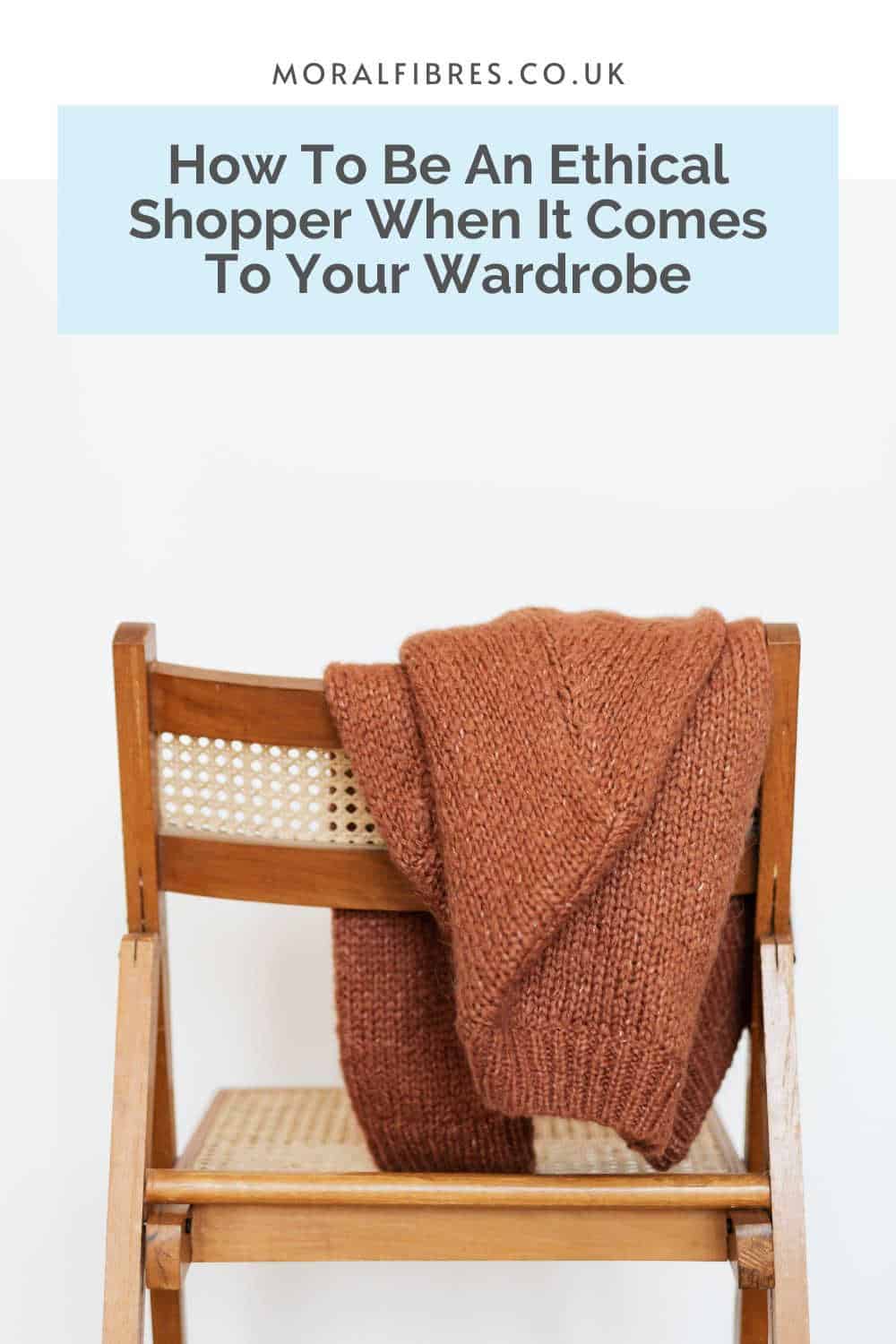
One key part of becoming a more ethical shopper is understanding the issues surrounding the fashion industry.
The rise of fast fashion has had incredibly harmful impacts on both people and the planet. From its massive carbon footprint, and role in creating widespread water pollution, to condemning garment workers to a life of poverty. Here’s an unexhaustive overview of what’s wrong with the fast fashion industry:
Environmental Impacts Of The Fashion Industry
In order to produce fabrics and clothing, the fast fashion industry consumes huge amounts of water, energy, and resources each year. This means that the fashion industry’s carbon impact is bigger than that of the aviation industry. It currently accounts for 10% of the world’s annual carbon budget.
The fashion industry is also the second most water-intensive industry in the world. As well as being water-intensive, the fashion industry is also responsible for widespread water pollution from both microplastics and toxic chemicals found in dyes.
And then there’s the problem of textile waste. Due to the scale of both production and waste, millions of tons of our old clothes clogging up landfills. Our unwanted clothes have even been found in rivers in Nairobi, and deserts in Chile. Many of these clothes are made from synthetic fabrics, that don’t easily decompose. Materials like polyester and nylon, for example, could take hundreds of years to break down. This means the waste will keep accumulating, with nowhere to go.
Poverty Wages
When it comes to the social impact of fashion, many workers in the fashion industry are paid poverty wages. For example, in November 2023, the Guardian reported that some Bangladeshi garment workers making clothes for UK high-street brands are facing starvation. Many workers are having to steal and scavenge food from fields and bins to feed their children.
This doesn’t just happen in the Global South. Even in the UK, with our laws on minimum wages – in 2020 it was found that some garment workers in Leicester were being paid just £3.50 an hour. Meanwhile, in the US it was found in 2023 that garment workers in Southern California were being paid as little as $1.58 per hour.
Child Labour
Child labour is also still rife in the fashion industry. The International Labour Organisation (ILO) estimates that 170 million minors are engaged in child labour. The ILO states that “Many [are] making textiles and garments to satisfy the demand of consumers in Europe, the US, and beyond”. However, it’s worth noting that the ILO classes 15-year-olds as adults. This means more children are likely to be in work than is currently reported.
Lack Of Transparency
Fast fashion brands often operate with a lack of transparency, making it challenging for the ethical shopper to trace the origins of their clothes. This lack of accountability allows unethical practices to thrive unchecked.
Yet despite increased pressure for greater transparency in the fashion industry, many major brands don’t disclose information about their supply chains. Fashion Revolution’s 2023 Fashion Transparency Index shows that 45% of the world’s largest fashion brands disclose little or no information about their supply chain.
Unsafe Working Conditions
As well as poverty wages and child labour, garment workers across the globe work in extremely unsafe conditions. Long working hours, exposure to hazardous chemicals, dust and smoke inhalation, noise, and lack of ventilation are just some of the issues affecting garment workers.
Modern slavery is still a key issue in the fashion industry. Workers can also face sexual abuse and harassment. And many garment workers are prevented from unionising by their employers. This makes it harder for them to demand improvements.
The Questions To Ask To Be An Ethical Shopper
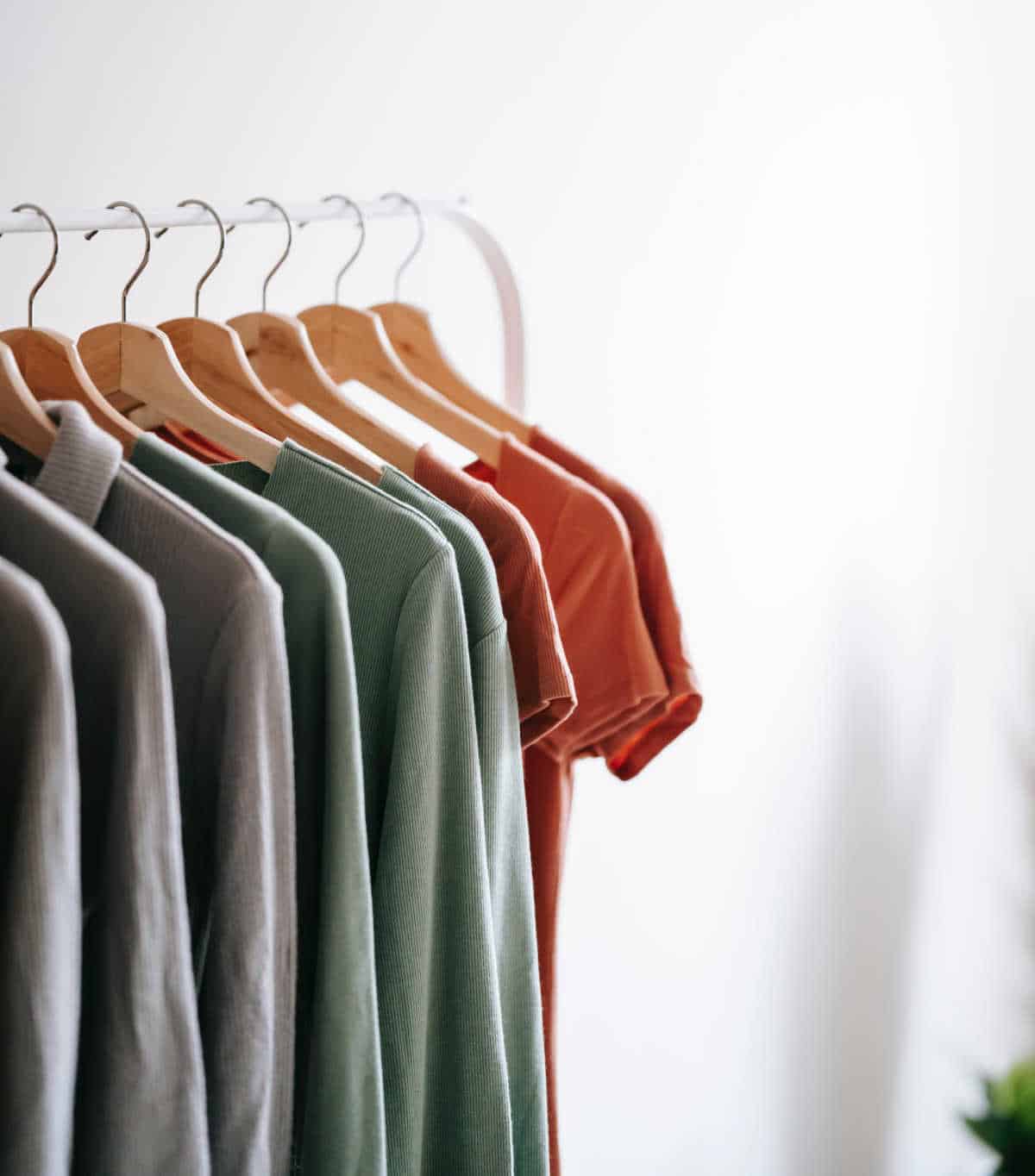
If you’re wondering how to be a more ethical shopper, then one way is to be more informed. Kamea has shared the questions that she always asks when shopping for ethical clothing. These can allow you to dig deeper, so you can make more informed purchase decisions. These can also allow you to support responsible businesses that are helping to drive positive change in our world.
While every conscious consumer might have their individual approach to shopping more mindfully, this is what works for Kamea:
1. What Material Is This Product Made Of?
Kamea says that one of the key starting points when shopping for new ethical clothing is to check the fashion product’s tags for its material composition.
Kamea recommends that it’s best to avoid products made with virgin, non-biodegradable synthetic materials. This includes polyester, acrylic, nylon, faux fur and PVC leather, and synthetic fabrics such as modal, viscose and rayon.
It’s not just synthetics that should be avoided. Kamea recommends avoiding high-impact, natural materials such as standard cotton, silk, leather, fur and wool sourced from factory farms or farms that use irresponsible practices.
Instead, Kamea suggests that products made with low-impact, biodegradable, natural materials or recycled synthetic materials should be prioritised. This includes recycled or upcycled fabrics, organic cotton, flax, linen, hemp, and semi-synthetic fibres such as Lyocell and Tencel.
With the help of Kamea, I’ve put together this handy ethical shopping reference table that you can refer to:
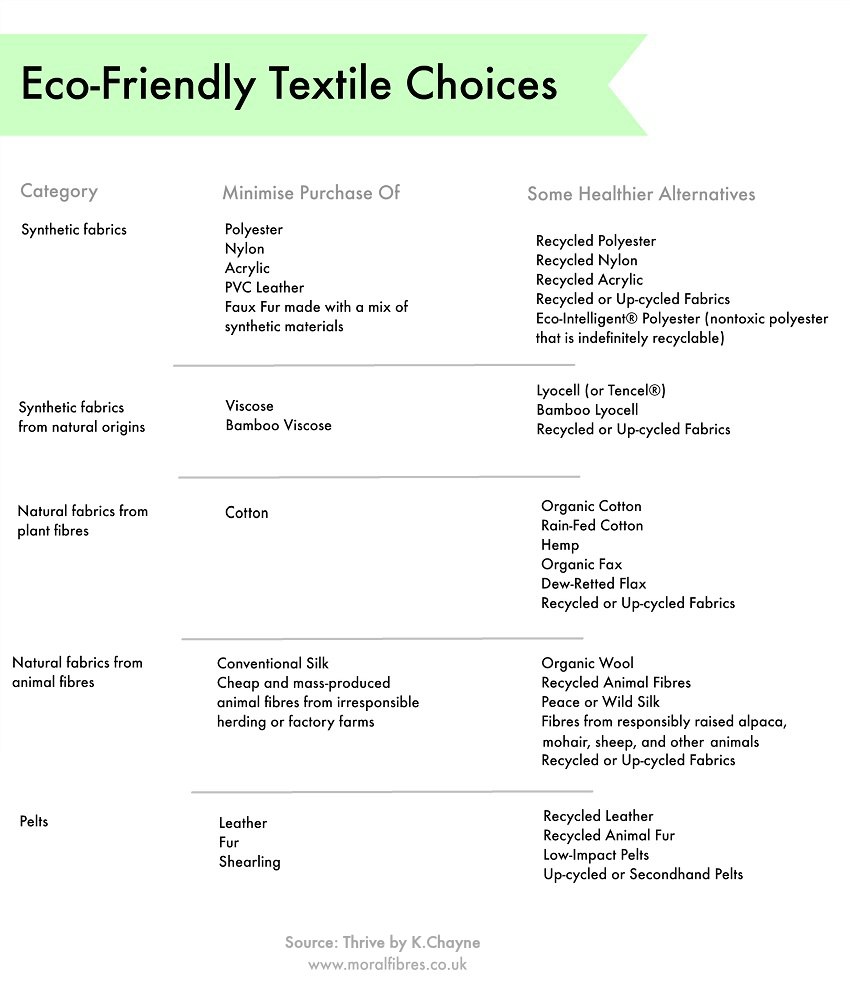
2. How Was The Product Made?
It’s not just the fabric you need to look for to be an ethical shopper. Kamea says it’s also important to look for information about what dyes or chemicals were used, and if they used any methods to minimise their environmental footprint.
For example, producing bamboo fabric is a chemical-intensive process that can result in the pollution of waterways if not carefully produced. In this instance, you should look for brands that process their bamboo in closed-loop processes where the water and chemicals are reused to avoid polluting waterways.
Some brands also use harmful chemicals to give their clothing special properties. Kamea recommends avoiding products with special properties such as stain-resistant, permanent press and anti-static as the chemicals needed to achieve these properties can be toxic.
If a brand can provide no insight as to how their product was made, then Kamea also recommends avoiding it.
But what should you opt for? Kamea recommends opting for products made with natural finishes or dyes, and products with credible certifications. With Kamea’s input, I’ve put together a handy explainer on the most common eco-friendly and ethical clothing certifications to help guide you next time you are shopping:
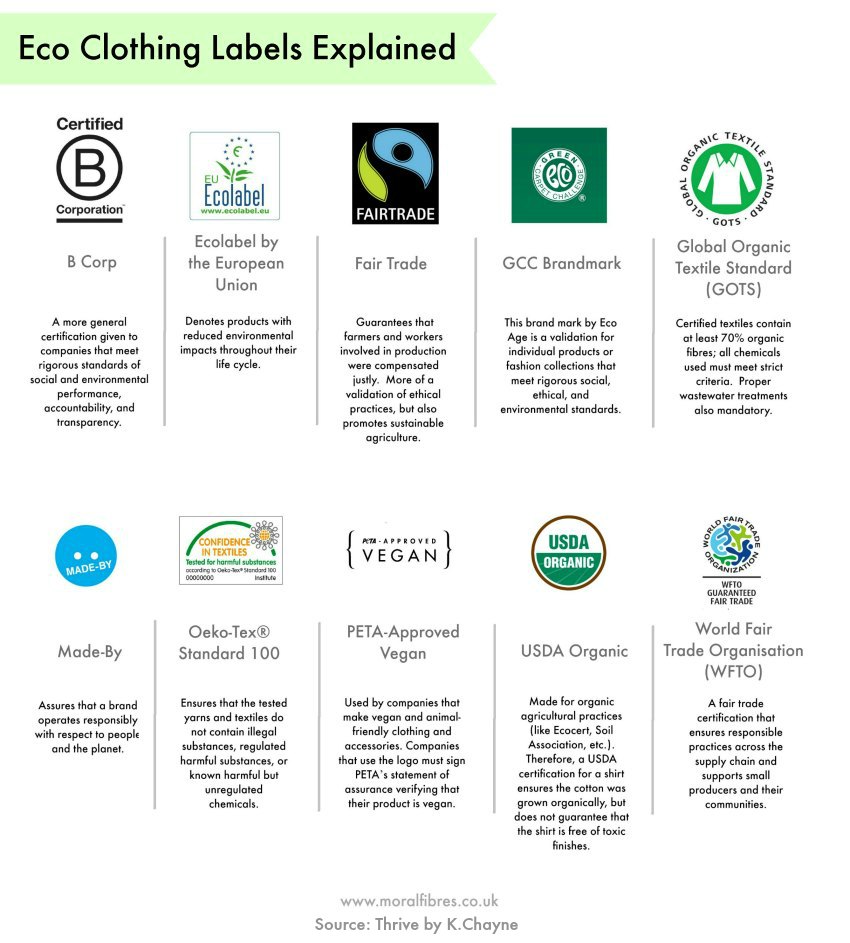
3. Where Was The Product Made And By Whom?
If you’re looking to become a more ethical shopper, one of the most important questions you can ask is who made the clothes. If a brand can’t tell you that basic information, then the brand certainly can’t tell you if the people making their clothes and the related components, such as the threads, zips and buttons, are being paid a fair wage, working in safe conditions or being treated fairly.
Kamea recommends opting for Fairtrade clothing – an independent certification that helps ensure that garment workers are paid a living wage.
4. Will I Wear This Item Multiple Times?
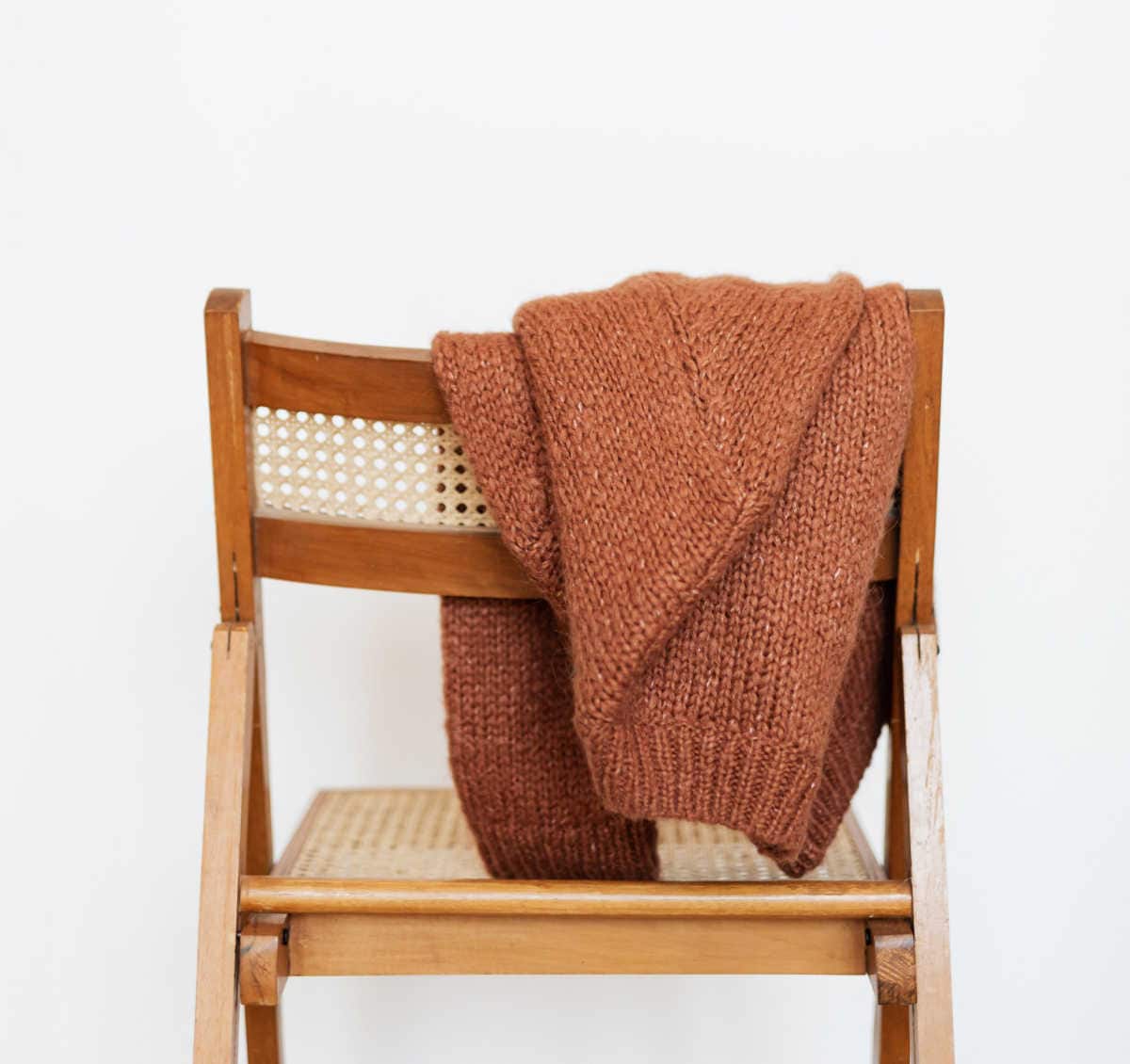
To be an ethical shopper, it shouldn’t just be the brand that you are questioning. You need to question yourself to make sure the item will be a keeper. A key question I always ask myself before buying anything is do you actually need the item, rather than just want it. Will it fill a defined gap in your wardrobe, and will it go with multiple items?
Kamea also recommends avoiding cheap, disposable, highly fashionable products you will wear only once. Instead, she recommends buying durable, timeless, practical products you will wear 30+ times.
5. Does The Company That Made This Product Care About The Planet?
Finally, as an ethical shopper, Kamea recommends, where possible, avoiding products made by companies that show no regard for human or environmental health. Ultra-fast fashion brands, for example, make no effort to demonstrate responsible business practices.
Instead, Kamea recommends seeking out brands that are transparent about their supply chain and are supportive of social/environmental causes. To help point you in the right direction, I’ve put together an ultimate guide to ethical shopping, which includes information on zero-waste fashion brands.
The Bottom Line
The fast fashion industry might seem fundamentally broken. However, as fashion consumers, we have more power than we think. By asking more questions we can be savvy ethical shoppers. These key questions can also act as crucial first steps toward reshaping the fashion industry as a whole.
The concepts and tables in this post have been adapted with permission from Thrive: An Environmentally Conscious Lifestyle Guide by K. Chayne.
Found this post useful? Please consider buying me a virtual coffee to help support the site’s running costs.


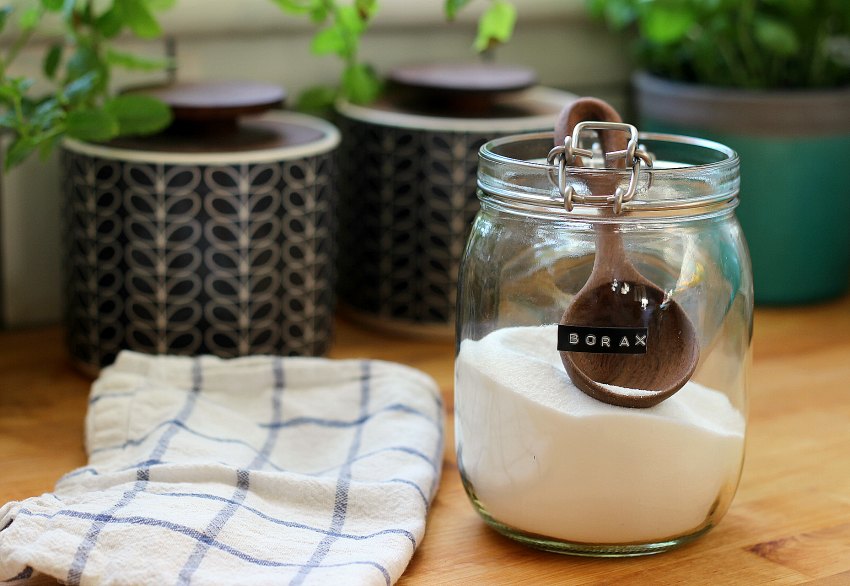
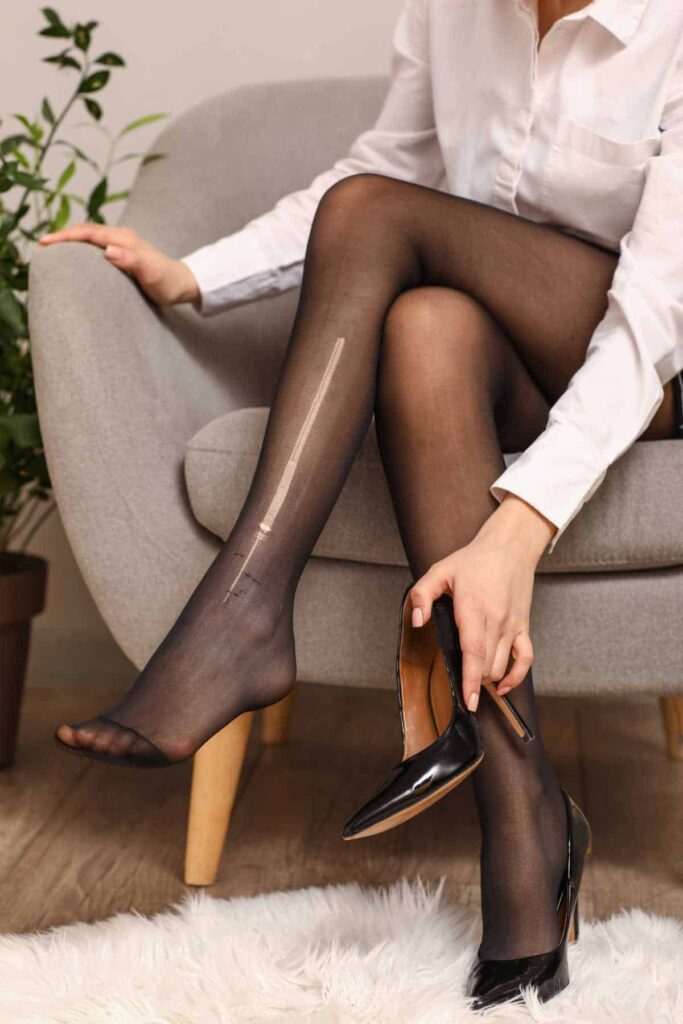
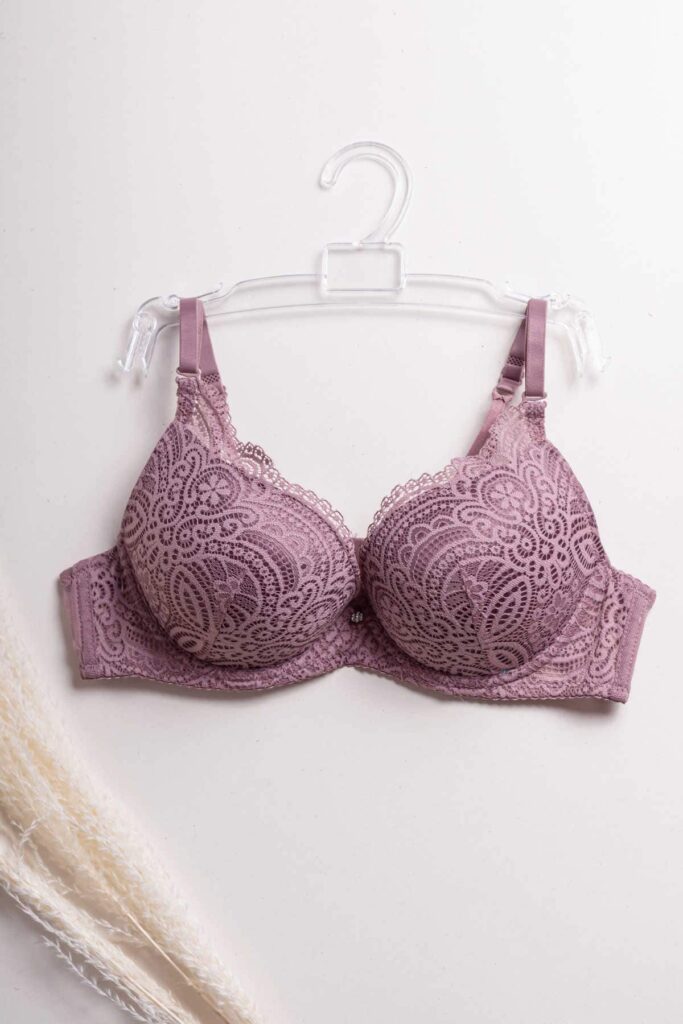
I was just writing about past fashion vs. fast fashion & the value of thrifting, gifting & minimalism. Will share this important addendum.
Thank you very much for this.
I am reading everything I find about fairtrade clothing. And that’s isn’t much.
Probably to do something powerful about problems caused by unresponsible consuming, is to talk about things; to share our opinions without judging.
As far as I found, the solution to the problem of casual consuming and ignoring that that might be bad for other beings, is setting the trend (simply turning casuality) to biological, responsible and caring consumation. To look for fairtrade clothing and using your voice and asking for it, will make companies think about improving their production.
I hope whoever reads this will have an awesome day, and might think about changing your mind to improve someone else’s life with that.
Such a great article. Sometimes having less is more. I changed my view to fashion after having children. it’s very important for me that they wear only natural fibre clothes.